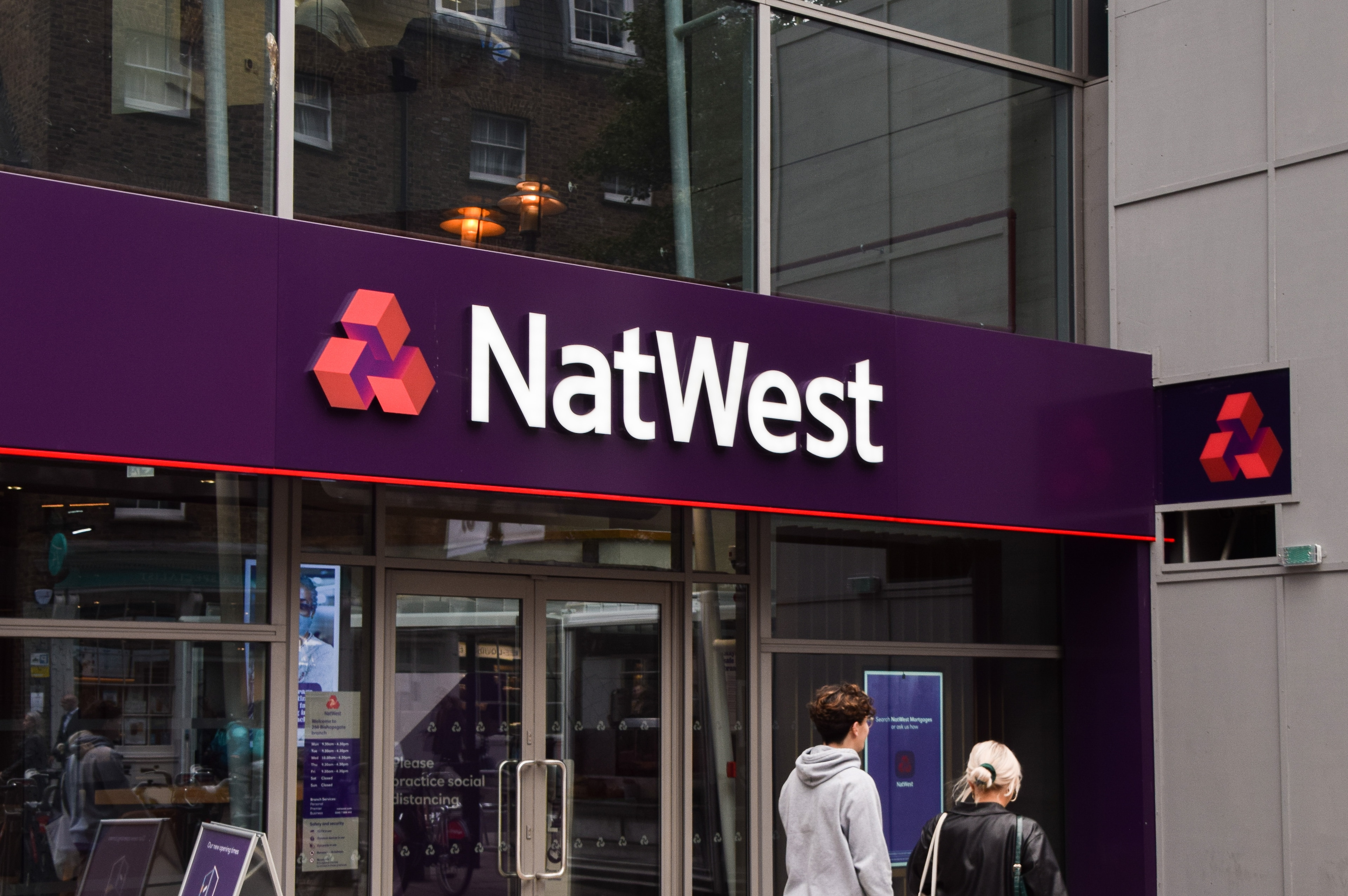
The last 12 months have been good ones for the NatWest share price, up over 35% from the record lows of September 2020, and the shares are back at levels last seen in December 2019.
That’s not to say that CEO Alison Rose has had an easy task building on the changes set in motion by her predecessor, Ross McEwan. The bank is still paying the price for legacy issues after taking a charge of £294m in its Q3 numbers, after pleading guilty to three criminal charges of money laundering in October last year. Nonetheless the last 12 months have seen the bank deliver consistent profits on a quarterly basis.
Dividend resumes as NatWest returns to profit
In the first half of the year, NatWest recorded a profit of £1.84bn, with the bank taking the welcome decision to resume the dividend, declaring an interim payment of 3p per share. Profit has been helped by the adding back of £949m set aside in 2020 in respect of non-performing loans, with reported profit for the nine months to date at £2.5bn, compared to a £644m loss a year ago.
Today’s Q4 and full-year numbers are more good news for the 52.96% taxpayer-funded bank, which after years of patchy performance is now a net contributor to the public purse, with Q4 profits of £434m, bringing total profits for the year to £2.95bn. This compares to a loss last year of £753m. This outperformance was helped by a Q4 impairment release of £341m, due to the lower-than-expected levels of losses as a result of the pandemic, taking net impairment release for 2021 to £1.28bn.
NatWest also proposed a final dividend of 7.5p per share, as well as following through on its promise to buy back £750m of its own shares in the first half of the new fiscal year.
The payment of bonuses is likely to be a hot button issue for the bank, given the challenges being faced by the UK economy, as these rose to £298m, a 44% increase on 2020, however they are still 3% lower than they were in 2019. Net lending improved further over Q4 by £800m, while over the course of 2021 customer deposits increased by £48.1bn to £479.8bn. Broken down by division, retail banking saw a big increase over the year, rising from £171.9bn at the end of 2020, to £188.9bn, while loans also rose. The picture was slightly different in commercial banking, with a fall in net loans to £101.2bn from £108.2bn, reflecting the weaker business environment, although customer deposits did rise.
As for the outlook, NatWest said it expects to maintain ordinary dividends of around 40% of attributable profit and to distribute a minimum of £1bn in each of 2022 and 2023 via a combination of ordinary and special dividends.
Margins improve as bank looks to consistent profits
Net interest margins across the bank have improved on a quarter-by-quarter basis, although it is still below the level it was this time last year. This is welcome news for a bank that has struggled since being bailed out at huge public expense in 2008, and has been routinely criticised for being a drain on the public purse. Now the bank appears to be the verge of being consistently profitable, the taxpayer is starting to see significant returns on its investment, and while the optics of large bonuses being paid is never a particularly good one when a lot of people are struggling, the reality is that they also present a welcome windfall for the exchequer at a time when the Treasury needs all the revenue it can get. Rather than complaining about it, perhaps we should welcome it?
Over the next 12 months, NatWest will receive the €6.4bn proceeds of the deal to sell its Irish loan books to Permanent TSB, which will reduce the value of its assets and go to help boost its capital position further.
Disclaimer: CMC Markets is an execution-only service provider. The material (whether or not it states any opinions) is for general information purposes only, and does not take into account your personal circumstances or objectives. Nothing in this material is (or should be considered to be) financial, investment or other advice on which reliance should be placed. No opinion given in the material constitutes a recommendation by CMC Markets or the author that any particular investment, security, transaction or investment strategy is suitable for any specific person. The material has not been prepared in accordance with legal requirements designed to promote the independence of investment research. Although we are not specifically prevented from dealing before providing this material, we do not seek to take advantage of the material prior to its dissemination.




















